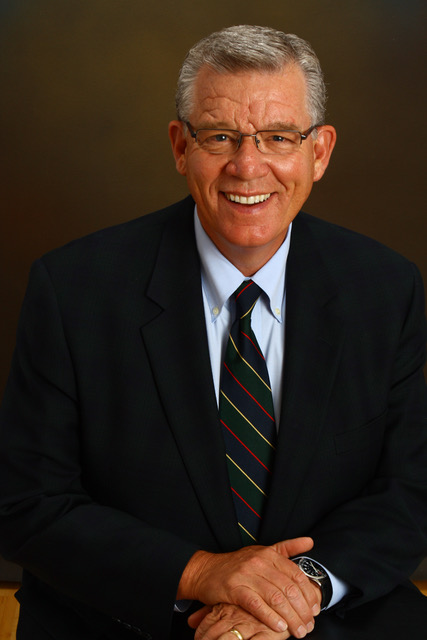The last few weeks I’ve been sharing key thoughts from Augustine’s, On Christian Doctrine (translated by Robertson). Because of my emphasis through the years of the intersection of homiletics and hermeneutics, I have read very little on ancient rhetoric. However, Augustine has given me a glimpse of it in this book and another that I began last week (Augustine and the Cure of Souls: Revising a Classical Ideal, by Paul R. Kolbet [not Stephen Colbert!].
You might be interested in the following quote from Augustine citing Cicero in the context of your own teaching and preaching work:
“Therefore a certain eloquent man said, and said truly, that he who is eloquent should speak in such a way that he teaches, delights, and moves. Then he added, ‘To teach is a necessity, to please is a sweetness, to persuade is a victory.'” (p. 136).
You and I are not interested in eloquence for eloquence’s sake.
However, we are interested in teaching. I had the privilege this morning again to teach the sacred Scriptures. It was my responsibility to interpret a section in Matthew’s Gospel in such a way that it functioned for my faith-family. We give biblical information and instruction.
We might not think about the second one, “delights.” Maybe because we’re not into entertaining. But what if I changed the angle with a quote from my mentor, Haddon Robinson: “It’s a sin to bore people with the Word of God.” So, if you struggle with the thought of delighting your listeners, you probably don’t struggle with trying to avoid boring your congregants with the Bible.
Finally, the third element, persuasion, is one that I expected to hear, even with my limited reading of ancient rhetoric. And this is one that you and I are extremely interested in. All our efforts to teach serve the goal of persuading our congregants to respond properly to sacred Scripture. Preachers talk about application or persuading listeners to apply their lives to the Bible.
N.B. You may recall from earlier posts that authorized persuasion is organically connected to theological exegesis. This requires skill to identify meaning of a passage that includes what God intends for that passage to do to listeners.
May our Lord receive glory in the church and in Christ Jesus (Ephesians 3:21) as we begin preparing for victory in our next preaching/teaching assignment.
Randal










